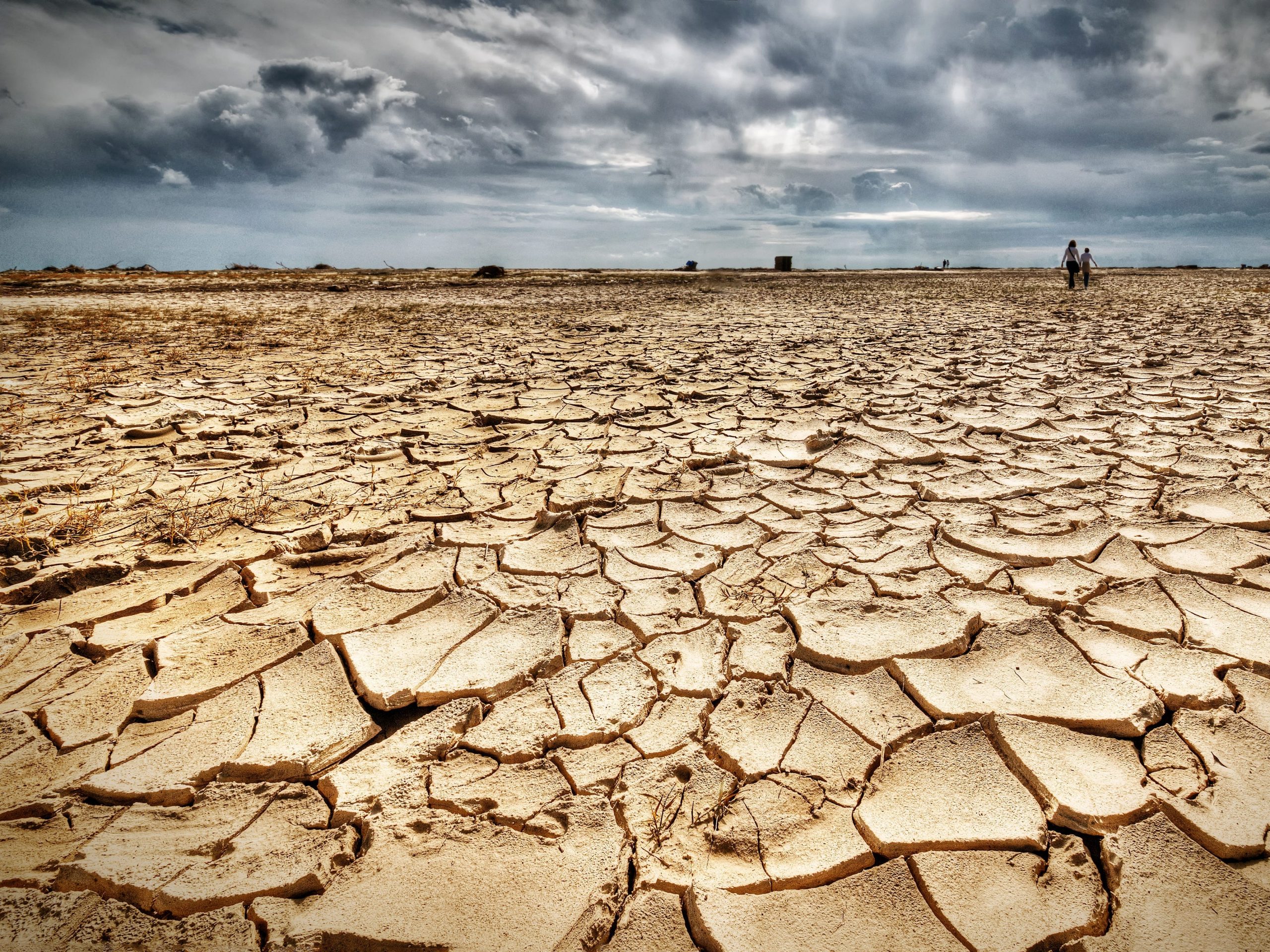
- 2021 was marked by devastating, costly climate disasters from heat waves to wildfires to floods.
- Corporate leaders started to recognize the role that business plays in mitigating climate change.
- Insider highlights the top 10 people tackling climate change in business right now.
- Visit Insider's Transforming Business homepage for more stories.
Heatwaves. Wildfires. Drought. Storms. 2021 showed us that the climate crisis is here, and we're already paying the price. According to reports from the Biden administration, there have been 18 "weather/climate disaster events" in the US over the past year that cost more than $1 billion each.
The immediacy of climate change and the upheaval of the pandemic have fundamentally changed how businesses approach sustainability. Where business was once seen as the enemy of the environmental movement, corporations are starting to position themselves as part of the solution. Across industries, sustainability is the new way to do business, essential to minimizing risk, improving productivity, and achieving growth.
"Since the pandemic, there's such a heightened awareness around climate change and around social inequality," Rebecca Marmot, chief sustainability officer at Unilever, told Insider.
Reflecting on this pivotal moment, Insider featured 10 business leaders across a variety of industries who are making climate change a top priority and aligning company goals with social and environmental responsibility. Insider's list includes sustainability officers from Google, United Airlines, Ford, Unilever, and Goldman Sachs. Then there are companies you may not have heard of, like EVgo or Strella Biotech, who are engineering the products to make sustainable living possible, from the electricity we use to the buildings we live in to the food we eat.
There is an unprecedented push in the C-suite to make sustainability a top priority, said Lauren Riley, the managing director of global environmental affairs and sustainability at United Airlines. According to GreenBiz's report, "State of the Profession 2020," more sustainability leaders are entering the C-suite - today, 26% of sustainability officers report directly to the CEO, compared to 19% in 2018.
"What was once a separate issue - environmental issues over here and business decisions over there - it is highly integrated right now, which is exactly where it needs to be," Riley said. "Climate change will affect the future of business."
Companies like Google, Amazon, and Ford are making bigger promises to reduce their carbon footprint, setting goals to become carbon-free and reduce emissions from their products or supply chains. These new commitments also reflect a shift to go farther than reducing harmful emissions - large corporations are investing their profits back into smaller organizations to bring them along. Kate Brandt, chief sustainability officer at Google, said part of her plan is partnering with 500 cities to reduce local government's carbon footprint.
Corporate action will hardly be enough to curb the climate crisis alone, and critics might be right that the business world dragged its feet for too long to undo the effects of a century of unchecked emissions. But the corporate world is signaling its commitment to being a part of reversing climate change, and that's a huge shift.
These leaders are a part of that movement - many of them have backgrounds in government or nonprofit roles, and they speak to how shifting to the private sector impacts their view of an integrated approach to mitigating climate change. Brandt, for example, was the nation's first federal chief sustainability officer under President Barack Obama.
"We're at a moment where everyone needs to be involved," Brandt said.

